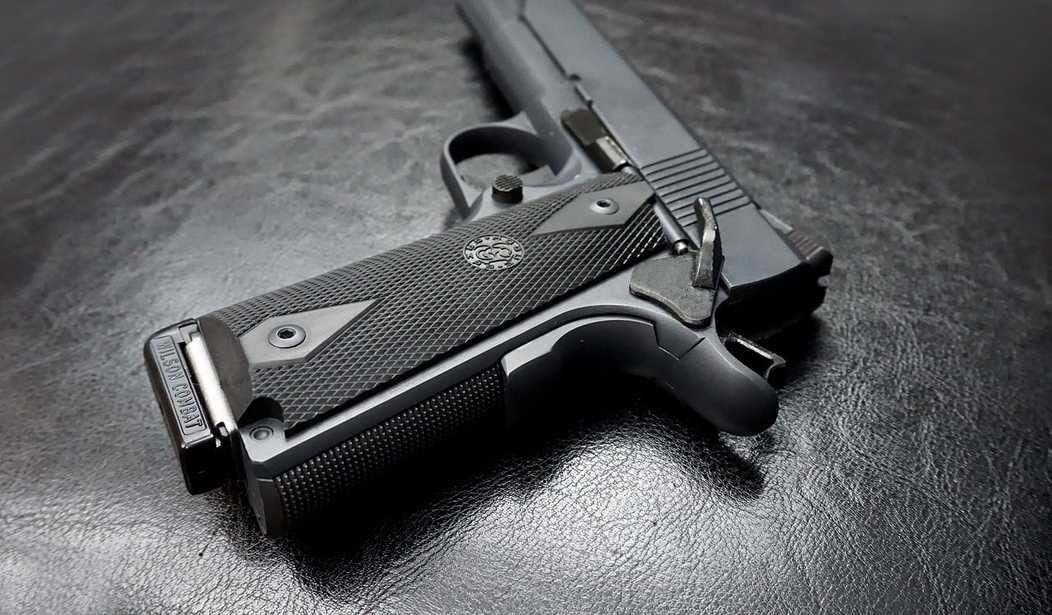When someone gets out of prison, we often say they've paid their debt to society. However, most people don't actually believe they did. We know this because far too many think the punishment should continue, and not just with parole officer meetings or court-mandated counseling or substance abuse treatment. They want they basically barred from certain kinds of employment and for some of their rights to be withheld.
They don't think the debt is paid.
Now, whether this is right or not is a topic we can and should debate. However, one area that these felons can't exercise their rights is the right to keep and bear arms. Many get guns anyway, of course, and following Bruen, many tried to argue that this was grounds for them to have their full gun rights.
And, of course, The Trace has to freak out about it.
Facing a 10-year sentence, Eatman challenged his indictment. He argued that the federal law banning him from having guns was unconstitutional under a new test laid out by the Supreme Court in New York Rifle & Pistol Association v. Bruen, a landmark 2022 case that dramatically expanded Second Amendment protections. A district court judge agreed and dismissed the charges. Eatman’s attorneys did not respond to requests for comment.
Bruen set off a wave of legal challenges to gun restrictions across the country, but no other group has taken to the courts as frequently as people with felony convictions, who are prohibited from possessing guns under a federal statute known as the felon gun ban.
The Trace reviewed more than 2,000 federal court decisions that cited Bruen over the past two years. More than 1,600 of them answered challenges to a wide variety of federal, state, and local gun laws — from assault weapons restrictions to bans on guns at the U.S. Post Office. The majority — some 1,100 — of the decisions included a challenge to the felon gun ban, making it the single most frequently contested statute by far.
At least 30 of the challenges to the felon gun ban have succeeded. While that ratio may seem small, it marks a stark departure from the past, when effectively none succeeded, and it shows that Bruen has cracked the longstanding consensus that people convicted of serious crimes may constitutionally be barred from gun ownership.
OK...and?
First, the ratio is small. The fact that some succeeded where none did before doesn't change that the ratio is small.
Further, I'm left wondering why it matters.
I'm of the belief that part of the reason we have recidivism is because we keep treating people like criminals after they get out of prison. They can't find a decent job because they're a felon. They can't vote. They can't do a lot of things that free men and women can do.
So, because of that, I don't see how it's right to withhold their right to keep and bear arms.
Yet let's also recognize that Bruen doesn't exist in a vacuum. There's also the Rahimi decision, which found that one didn't need a one-to-one analog for a gun law from the past. Further, if Rahimi upheld the gun ban for someone who was only barred from having one due to a restraining order, it's not going to be difficult to use that going forward with felons.
Rahimi hadn't been convicted of anything, so it's not difficult to see how this would suggest that felons are even more prohibited, if one can actually be "more prohibited" in the first place.
So while The Trace is spreading doom and gloom, what we need to remember is that absolutely none of this actually means anything. People can sue for anything so long as they have standing. Bruen might have meant the cases weren't dismissed outright, but in the end, it didn't suddenly mean recidivist violent felons could go into their local gun stores and buy firearms.
The Trace needs to chill with the hysteria.







Join the conversation as a VIP Member